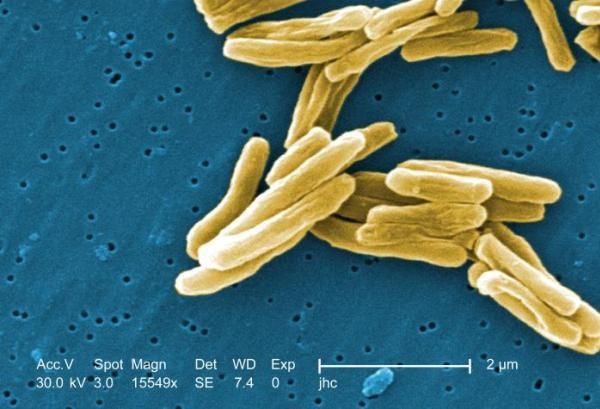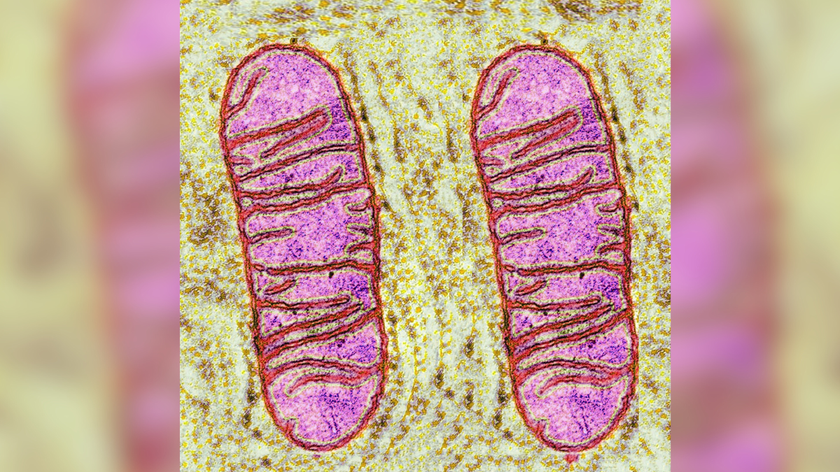Doctors Report Tuberculosis Now 'Virtually Untreatable'

Medical experts are alarmed that strains of tuberculosis, or TB, have emerged that are so virulent they're being called "virtually untreatable," even with the most powerful drugs available.
The latest issue of the journal Emerging Infectious Diseases, published by the Centers for Disease Control and Prevention, reports that cases of "totally drug-resistant" TB have now been seen in South African clinics.
TB is a respiratory infection caused by the bacteria Mycobacterium tuberculosis; it was once widespread until antibiotics such as streptomycin were developed in the years following World War II. Though TB was eliminated in much of the industrialized world, pockets of the disease remained in developing countries.
And now, TB is poised to make a dramatic — and deadly — comeback. "Whatever we may have once optimistically thought, TB remains with death, taxes and political chicanery as being inevitable, unavoidable and deeply unpleasant," Andrew Bush and Ian Pavord, editors of the journal Thorax, wrote in the latest issue.
"It shows every sign of weathering the storm of potent anti-tuberculous medications," they added, noting that the disease is capable of "potentially turning the clock back to the 1930s," when TB clinics and sanitariums were commonplace.
Even doctors are concerned about catching the disease, which is easily spread by coughing, sneezing or even speaking. Dr. Uvistra Naidoo contracted a virulent case of TB while working in his pediatric clinic in Cape Town, South Africa, US News reports.
Within a few months, Naidoo had lost 30 pounds; an X-ray revealed his right lung had filled with fluid. "One night I nearly passed away — it didn't look good," he told US News.
Sign up for the Live Science daily newsletter now
Get the world’s most fascinating discoveries delivered straight to your inbox.
The complex drug regimen required to treat Naidoo's TB was almost as problematic as the disease itself. He developed Stevens-Johnson syndrome, a deadly condition that causes layers of skin to separate from each other, and he often bled from his eyes.
"The TB doesn't feel like it's killing you, but the drugs do," Naidoo told US News. After three years of grueling treatment, he eventually recovered, but he is left with permanent lung scarring.
Drug-resistant TB has already spread to the United States and other developed countries. A hospital in New York City was struck with a case of drug-resistant TB in the 1990s, according to the Daily Mail. Of the 32 patients who caught the disease, only three survived.
And the U.K. is also reporting a 50 percent increase in tuberculosis cases over the past decade, according to the Telegraph. Roughly three-quarters of the cases of TB reported in the U.K. are seen in immigrants from other regions, especially sub-Saharan Africa and south Asia, according to the Telegraph.
The speed and ease with which TB spreads have helped make it "unarguably the most successful human pathogen of all time," according to Bush and Pavord of the journal Thorax.
Follow LiveScience on Twitter @livescience. We're also on Facebook & Google+.













